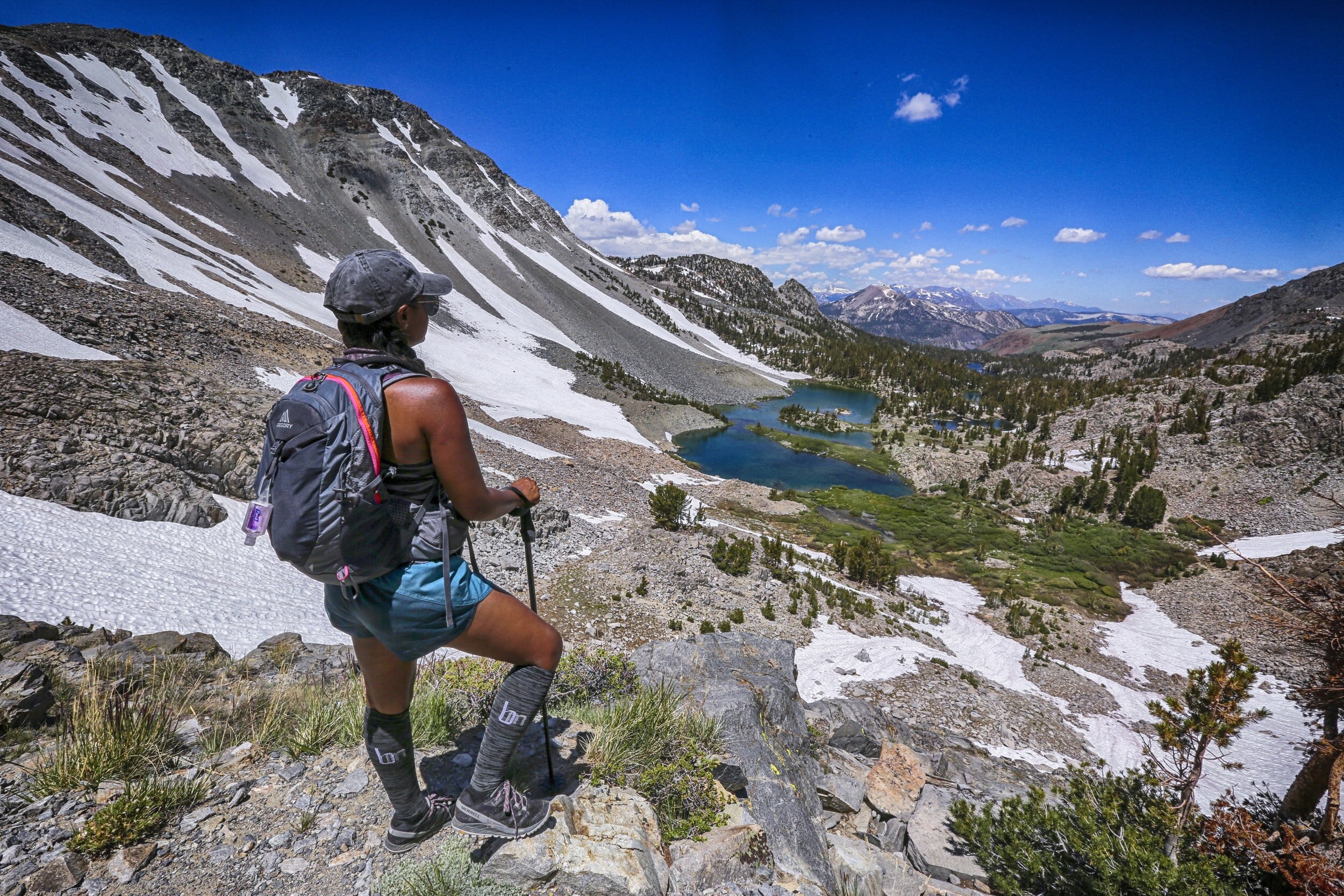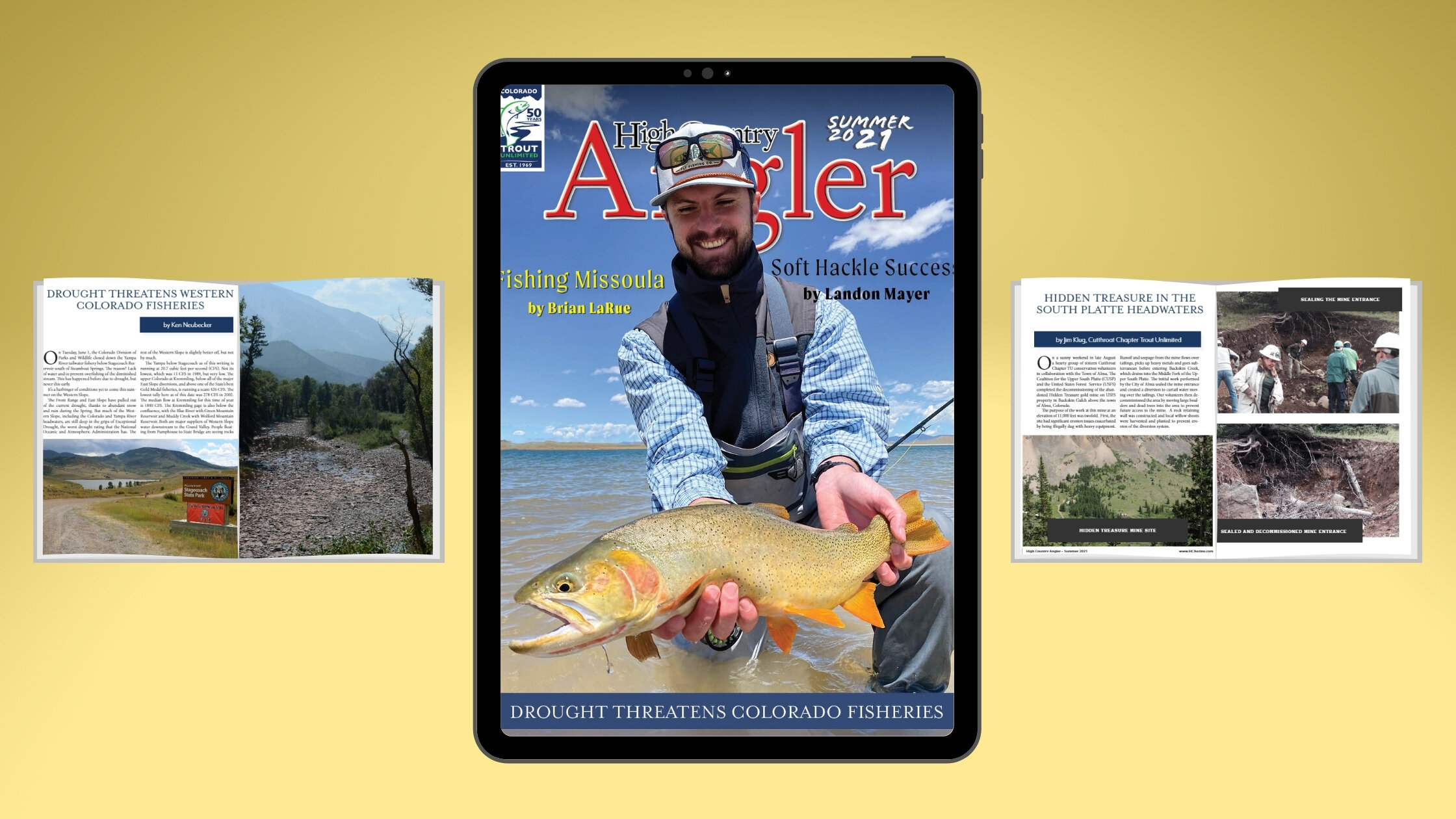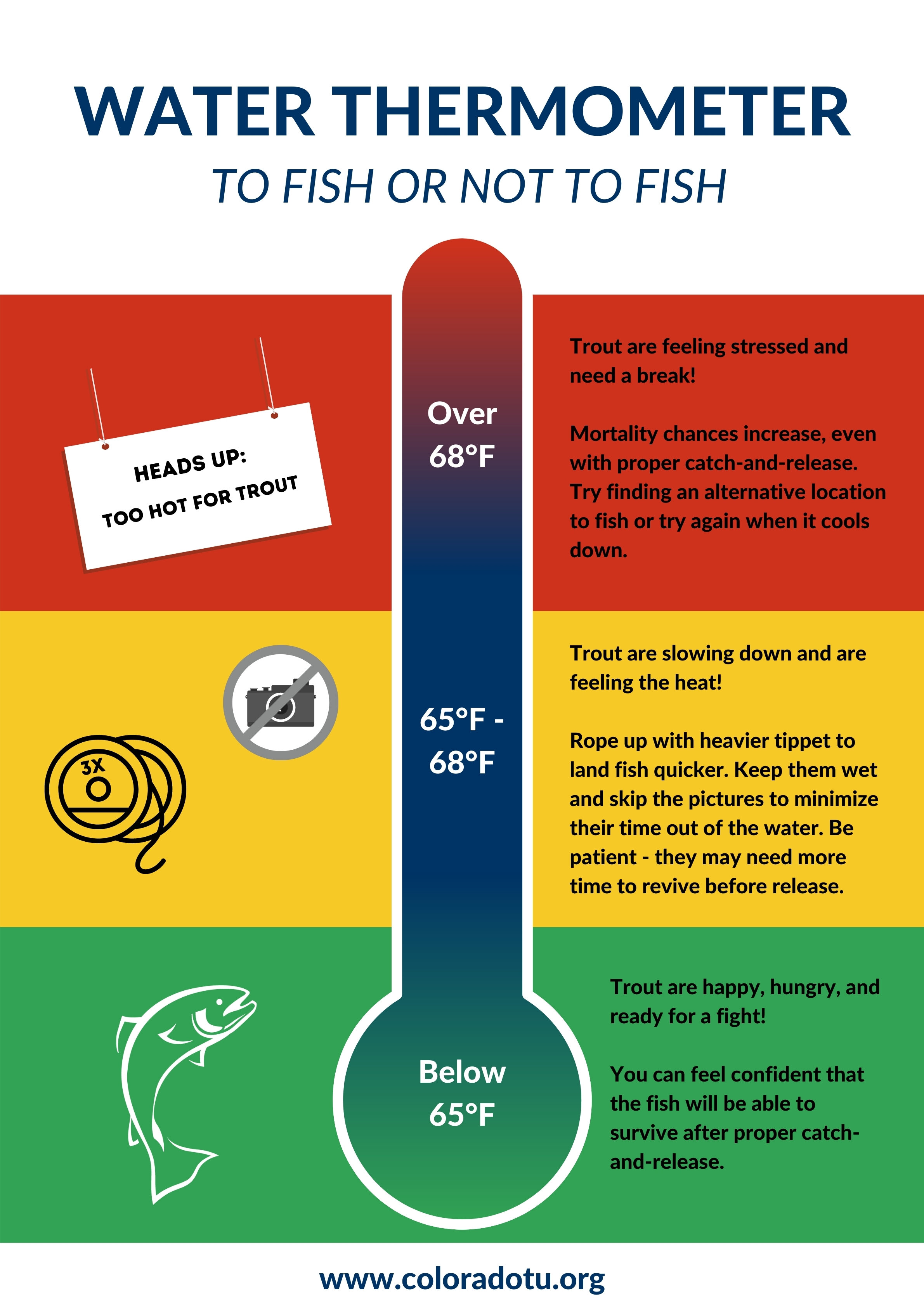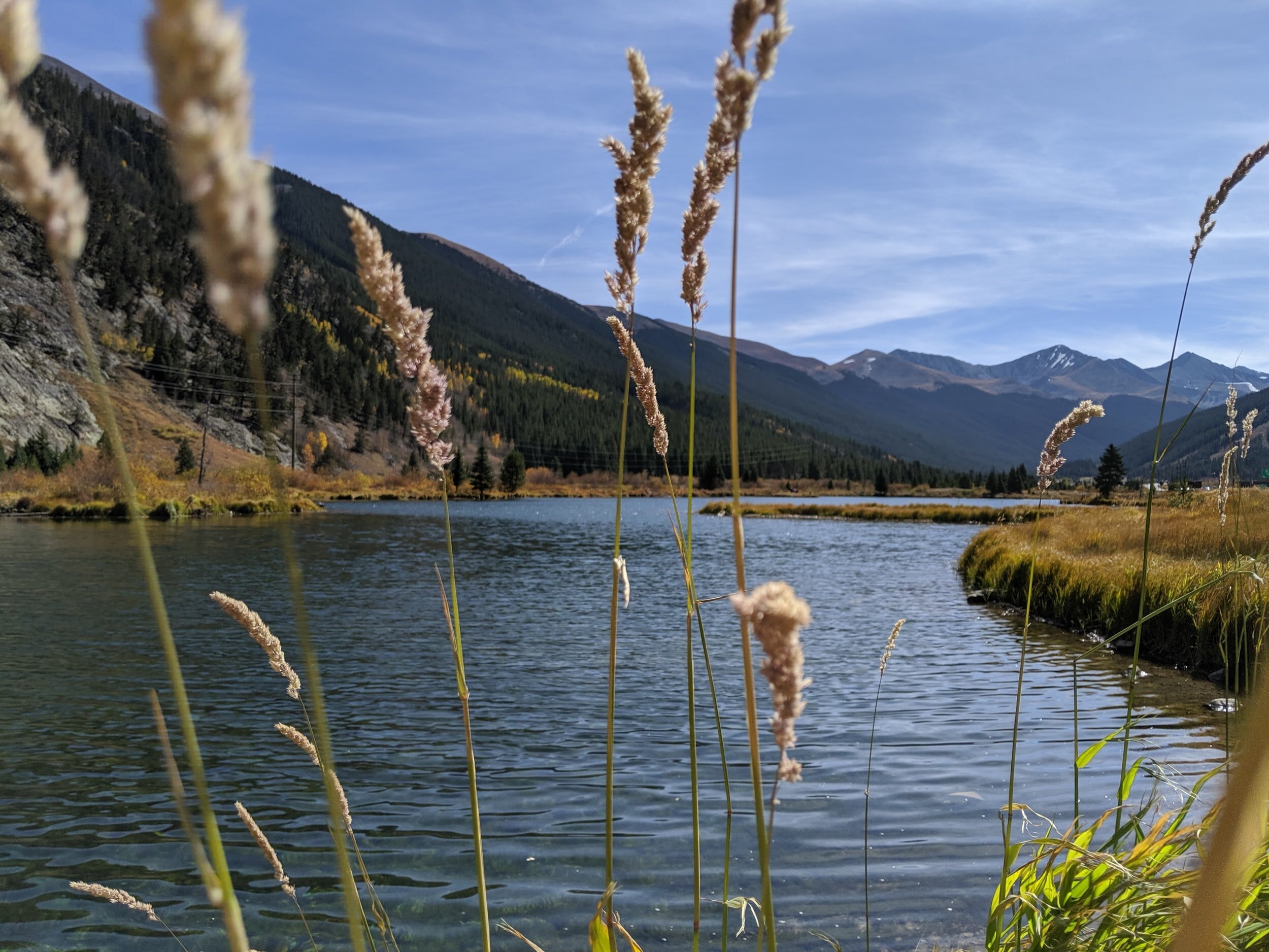We’re excited to bring you a new report looking back at another great year! Thank you taking the time to see what we have accomplished and are looking forward to.
Latino Conservation Week
July 17 kicked off #LatinoConservationWeek, a time where communities will be celebrating and rejoicing in the connections they have with this nation’s diverse landscapes. Organizations across the country will be amplifying and participating in some of the events taking place to support conservation efforts in Latinx communities. Please check them out here:
HECHO (Hispanics Enjoying Camping, Hunting, and the Outdoors)
Latino Conservation Week: Disfrutando y Conservando Nuestra Tierra is an initiative of Hispanic Access Foundation (HAF). Latino Conservation Week was created to support the Latino community getting into the outdoors and participating in activities to protect our natural resources. Read More
In-person and virtual events will take place from July 17 - 25, 2021. To find an event, go to LatinoConservationWeek.com
Calling all emerging Latina/o photographers! The second annual #LatinoConservationWeek Photo Contest begins on July 17 & ends on July 25! Find guidelines, important dates, & more at LatinoOutdoors.org/photo-contest #LCW2021
A Mixed Verdict on Water Quality Rollback
Confluence Park, Denver South Platte River.
Conservation interests enjoyed a partial victory in the Colorado Water Quality Control Commission’s June hearing, in which TU and others opposed a proposal to significantly rollback existing “antidegradation” regulations that restrict the ability of dischargers to degrade existing water quality. The rollback proposal emerged from an unanticipated 2020 decision under which the Commission ignored its own rules and supported designation of portions of the South Platte downstream of Denver as “use protected” – a designation that allows dischargers to degrade water quality that is currently above the floor set by minimum standards. The 2021 proposal would have modified the antidegradation rules that were ignored in 2020, making it easier to adopt other such decisions to weaken protection on other streams across Colorado. While the current standard has generated confusion and is not as strong as TU and others would wish, the proposed rollback would have dramatically weakened it from the existing rule.
The Commission received petitions signed by thousands of people, hundreds of letters, and heard testimony from dozens of members of the public and the two affected local governments – Adams County and Commerce City - pleading to change their June 2020 decision and opposing the proposed rollback of the underlying water quality standards.
Following two hours of deliberations, the Commission made a preliminary decision last Friday to eliminate the troublesome current antidegradation provision, but not until 2031, to allow for a stakeholder process that will look more closely into antidegradation and make recommended changes to the Commission. The decision is a partial win for water quality because it keeps the language of the regulation as is in the interim, rather than replacing it with the original proposal which would have significantly rolled back water quality protections. However, while choosing to keep the existing language as is, the Commission left the door open for more arbitrary decisions over the next 10 years, like its 2020 decision on the South Platte.
At the heart of the controversy is the antidegradation rule’s existing language, which allows degradation of water quality if the Commission deems a stream to be “substantially polluted” by human activity, but only if there is a showing that the pollution is irreversible. Many dischargers advocate the elimination of this requirement as it is a hard test to overcome, simply because pollution caused by human activity tends to be reversible.
Last Friday’s deliberations revealed confusion among some of the Commissioners as to the reason for last year’s South Platte decision, but audio of their deliberations during the June 2020 hearing reveals a belief that antidegradation protection was meant to apply only to “clear mountain streams” and not to urban areas. That belief that has no basis in fact or in the Clean Water Act.
TU was relieved that the Commission’s decision keeps intact the existing rule, with its requirement that antidegradation protection applies unless human-made pollution is shown to be irreversible, rather than rolling that policy back yet further and enabling greater pollution on more streams like the Denver South Platte. However, the Commission’s failure to affirm the current requirement and even discuss revisiting the inconsistent 2020 South Platte decision simply ignores the public’s pleas to better protect the urban waterway.
The Commission’s action leaves the door open for it to, once again, disregard the rule and deprive streams of antidegradation protection for human pollution, even if the damage is reversible, as they did to the South Platte in 2020. TU and other conservationists must remain vigilant and oppose such future site-specific efforts to rollback antidegradation protections. The decision is also troublesome because it creates yet another lengthy stakeholder process that has historically favored well-funded industry voices. Simply put, conservation groups and environmental justice advocates have far fewer resources to engage in such long-term processes, whereas dischargers’ well-paid lawyers and consultants have ample resources to participate. In creating yet another process, the Commission turned a deaf ear to the conservation groups’ plea to level the playing field.
While dismayed that the Commission failed to take stronger action to support antidegradation including on the Denver South Platte, TU is deeply grateful to the members and partners who spoke out and whose voices were instrumental in helping prevent the existing rule from being weakened. We will continue to seek opportunities to ensure that urban rivers including the South Platte enjoy the stronger protections they and their communities deserve.
3 historic bills to fund outdoor recreation, conservation and backcountry safety
On June 21, 2021, Governor Polis signed bills HB21-1326 General Fund Transfer Support Department Of Natural Resources Programs, SB21-249 Keep Colorado Wild Annual Pass and HB21-1318 Create Outdoor Equity Grant Program to expand recreation access initiatives and increase conservation funds for natural resources in Colorado. These bills will direct significant resources to make our outdoors and public lands more equitable and support broader CPW conservation and recreation initiatives for years to come.
The Keep Colorado Wild pass will:
Provide access to Colorado’s 42 state parks and other participating public lands;
Increase the scale and pace of lands and wildlife conservation across Colorado and support key outdoor recreation programs;
Support locally-driven conservation efforts around the state, including the creation of new state parks;
Cost no more than $40 (half of a current parks pass), with a goal to achieve a $20 price via high participation reducing financial barriers for people to enjoy the outdoors;
Ensure that registrants are clearly and transparently given the option to choose not to purchase the pass;
Be available at a lower price to under-resourced and disproportionately impacted Colorado households; and,
Provide every Coloradan the opportunity to conserve and support what makes our state so unique.
Keep Colorado Wild Pass fact sheet
2021 Conservation in the West poll from Colorado College showing broad support of Coloradans for investment in our public land
The Outdoor Equity Fund
The Outdoor Equity Grant Program will bolster community-led organizations, nonprofits, tribal governments, and school and recreational districts with the funding needed to make the outdoors a space that serves ALL of Colorado’s youth and families.
El Programa de Becas para Equidad Afuera apoyara a las organizaciones comunitarias, de fines sin lucro, gobiernos tribales, y distritos escolares y recreacionales con los fondos necesarios para construir un espacio afuera que sirve a TODOS los jóvenes y familias de Colorado.
General Fund Transfer to Support Department Of Natural Resources Programs
In the 2020-21 state fiscal year, bill HB21-1326 transfers $25 million from the general fund as follows:
$750,000 to the Colorado avalanche information center fund for use by the Colorado avalanche information center in the department of natural resources (department) to support backcountry avalanche safety programs;
$3.5 million to the wildlife cash fund for use by CPW to implement its statewide wildlife action plan and the conservation of native species;
$2.25 million to the search and rescue fund for use by the department of local affairs in consultation with the division to support backcountry search and rescue efforts;
$1 million to the outdoor equity fund for use by the division to implement the outdoor equity grant program; and
$17.5 million to the parks and outdoor recreation cash fund for use by the division as follows: $3.5 million for staffing and maintenance projects; and $14 million for infrastructure and state park development projects.
Learn more about these 3 historic bills here.
Summer 2021 High Country Angler e-zine
Check out the new Summer 2021 issue of High Country Angler e-zine! Featuring articles on CTU's Colorado Rivers Fund, Trout in the Classroom Releases, a Q&A with Upslope Brewing Company, the shortage on the Colorado River and much more, including some regular columns:
Missoula - One Great Fishing Town by Brian LaRue
Soft Hackle Success by Landon Mayer
A Good Pair of Eyes by Hayden Mellsop
Fit to be Tied by Joel Evans
5 Fly Fishing Rules of the Road by Peter Stitcher, and more!
Trout and Water Temperature: When it's time for a break
Colorado is seeing some intense heat and arid conditions, so we wanted to share this graphic we made of when it's time to give trout a break! Water temperatures tell us so much about the conditions of a fishing spot and how the fish will be reacting. Once you reach past 68 degrees F, mortality chances increase, even with proper catch-and-release. A water thermometer is a cheap and easy tool to add to your fishing gear for your next outing.
Looking for a high-rez version to print or share with friends? No problem, we have multiple formats below that you are welcome to download.
High Resolution PDF (English)
High Resolution PDF (Español)
High Resolution JPG (English)
High Resolution JPG (Español)
High Resolution JPG (English and Celsius)
High Resolution JPG (Español and Celsius)
Please note that we rounded the conversion of 18.3333°C to 18.3°C
In the News
Read our article in High Country Angler, Drought Threatens Western Colorado Fisheries written by Ken Neubecker, featuring the CTU Trout Water Thermometer here.
Check Colorado’s Fishing Conditions here.
Check CPW’s Voluntary and Mandatory Fishing Closures here.
Rise to the Future Awards - Durango TU Chapter Recognized
During a virtual ceremony on May 26, Forest Service Chief Vicki Christiansen and Acting Deputy Chief Tina Terrell announced the 14 employees and partners who are recipients of the 2020 Rise to the Future awards. The awards, created more than 30 years ago, recognizes leadership in stewardship of fisheries, soil, water and air resources on national forests and grasslands. In recent years, the Jack Adams and Lloyd Switch Sr. awards were added to distinguish excellence in wildlife program management.
The winners showcase a wide variety of work on and behalf of national forests and grasslands.
“2020 was a very challenging year. First, a pandemic that changed how we get our work done. A historic fire season in the west and a series of devastating storms in the south,” said Chief Christiansen. “I continue to be amazed at the resilience and perseverance of our employees and partners to face the challenges that come our way.”
Among the many recognized, our partners at the Forest Service, as well as the Five Rivers Trout Unlimited Chapter out of Durango, CO were recognized with the Collaborative/Integrated Aquatic Stewardship Award for their work on the Himes Creek Instream Flow Project.
The Himes Creek Instream Flow Project Team on the San Juan National Forest in Colorado collaborated to achieve critical aquatic habitat protection for a trout once thought to be extinct. Working within the confines of Colorado State Law, the team’s integrated efforts secured instream water flow to protect trout habitat on lands managed by the Forest Service, an accomplishment recognized by the Governor of Colorado. These protections would not be in place without the strong collaboration of partnership. The team includes representatives from the following organizations:
Forest Service: Andrea Rogers, Polly Hayes, Bill Janowsky, Kelly Palmer and Kara Chadwick
Colorado Water Conservation Board: Linda Bassi
Trout Unlimited: Buck Skillen
Colorado Parks and Wildlife: James White
Another award went to one of Colorado’s regional office’s for the Friend of the Fish/Watershed Award going to Doug Wise and the Engineering staff at the Rocky Mountain Regional Office, who are cited for their work using the Great American Outdoors Act to establish a project evaluation team, bringing together multiple resource leads to prioritize projects. The engineering staff has been instrumental in facilitating 15 aquatic organism passage projects in the region, working to address deferred maintenance of the region’s infrastructure. The collaboration between fisheries, engineering, and other programs within the agency provided the region with an integrated and productive team leading the way to complete many beneficial and crucial projects. These projects improved recreational fishing access across the region and opened new opportunities to work with external partners, engage local students, and continue to improve fish habitat on the forests.
Congratulations to the Colorado winners, it is much deserved for all the hard work you do in our state!
Good News for Headwater Protection
Anglers received welcome news as the EPA announced it will be repealing the rollback of Clean Water Act protection for ephemeral streams from the previous administration. States including Colorado had challenged the legality of the rollback, and by returning to the Bush-era rule the EPA will restore protection for the feeder streams whose health drives downstream conditions in larger rivers as well. Read TU’s statement below:
EPA to repeal 2020 rule and move to reinstate Clean Water Act protections for small streams
Contacts:
Chris Wood, president and CEO, Trout Unlimited, chris.wood@tu.org
Steve Moyer, vice president for government affairs, Trout Unlimited, steve.moyer@tu.org
ARLINGTON, Va.—Trout Unlimited welcomes today’s announcement from the U.S. Environmental Protection Agency that the “Waters of the United States” rule promulgated by the previous administration is illegal and must be redrawn. In moving to repeal and revise the rule, the EPA is listening to the many states, businesses, and conservation groups, like TU, that are working to reinstate federal Clean Water Act protections for the nation’s waters and wetlands.
Trout Unlimited opposed the 2020 Navigable Waters Protection Rule because it dropped decades-long protections nationwide for “ephemeral” streams, which flow only after rainfall. The 2020 rule made it easier to pollute and degrade these streams, which provide drinking water, flood protection, outdoor recreation opportunities, and fish habitat.
“These small headwaters constitute more than half the nation’s stream miles, and are the capillaries of the nation’s aquatic systems,” said Chris Wood, president and CEO of Trout Unlimited. “They provide seasonal habitat for fish and wildlife, and protect water quality downstream. The 2020 rule left streams and fisheries across the country unprotected. We applaud EPA Administrator Regan for taking action to safeguard clean water.”
EPA assessments of more than 1,500 streams in the Southwest determined that they were no longer covered by the Clean Water Act under the 2020 rule. Around the country, some 333 projects that would have required dredge-and-fill permits went ahead without them after the rule took effect.
Regan said the EPA is committed to a meaningful stakeholder engagement process that leads to a more durable “Waters of the U.S.” replacement rule, one that is both scientifically and legally sound, and garners broader stakeholder support. TU will bring to that process deep and longstanding relationships with farmers, ranchers, and foresters, and we will make sure that these partners’ voices are heard and considered by the EPA.
“We believe that through meaningful stakeholder engagement, the EPA will be able to craft a more durable ‘Waters of the U.S.’ rule that will continue to provide a solid foundation for the Clean Water Act, and maintain protection of our valuable streams and wetlands,” said Steve Moyer, vice president for government affairs at Trout Unlimited.
With today’s announcement, the agencies will now initiate a repeal of the 2020 rule, after which protections for streams and wetlands would revert to 2008 guidance until a new rule is finalized. That guidance, put in place by the Bush administration EPA, protected most ephemeral streams and many additional wetlands.
###
Trout Unlimited is the nation’s oldest and largest coldwater fisheries conservation organization dedicated to caring for and recovering America’s rivers and streams, so our children can experience the joy of wild and native trout and salmon. Across the country, TU brings to bear local, regional, and national grassroots organizing, durable partnerships, science-backed policy muscle, and legal firepower on behalf of trout and salmon fisheries, healthy waters and vibrant communities.
As Colorado Legislature kicks off, here are bills we’re watching
repost from TU.org, by Kara Armano
Trout Unlimited is known for its rock-rolling work where we are often found wearing waders and making rivers and streams better for trout and salmon, and of course, anglers. But we also spend plenty of time in our finest attire in the halls of state and federal legislative buildings advocating for smart water policies, protecting public lands, and funding allocations to continue our on-the-ground efforts.
With Colorado’s legislative session about to ramp up, here is a look at some of the bills we are watching in the Centennial State and how we’ll play both offense and defense to advance our goals of conserving, protecting, and restoring our coldwater fisheries and their watersheds.
Extend Colorado’s Healthy Rivers Fund — This successful funding mechanism is set to expire, but we are looking to extend it for another 10 years. This is financed by the Colorado tax check-off program, which provides taxpayers the opportunity to contribute a portion of their tax refund or to make a donation on their state income tax return. These funds assist Colorado Trout Unlimited and other watershed-based groups in efforts to protect our land and water resources. It is administered through the Colorado Water Conservation Board in association with the Water Quality Control Division and the Colorado Watershed Assembly. Since 2003, this fund has raised over $1.1 million to fund more than 80 local watershed projects.
The bill will be introduced by Sen. Cleave Simpson and Rep. Donald Valdez. Colorado Trout Unlimited does not want to see this fund expire, so we are asking that it be approved for 10 more years.
State parks funding — Amidst the many restrictions over the past challenging year, we’ve seen more and more people turn to outdoor recreation as a safe outlet for enjoyment and to benefit their mental and physical health. While a growing appreciation for our outdoors means more allies in its defense, it also means growing pressure on public lands, including our state parks. To rise to that challenge, Colorado Parks and Wildlife is looking to expand its funding base to help support sustainable recreation management and development of new parks and opportunities to serve the growing demand.
Drawing from an example already in place in Montana with a 75 percent participation rate, legislation will be introduced to fold an annual state parks pass into vehicle registrations in Colorado. Those who don’t want the pass can opt-out, while the proposed fee level will be significantly less than the current annual pass rates for those who do obtain the pass. Parks passes for out-of-state visitors or those who decide to purchase after registering their vehicle will still be available for the current standard fee. While the per-pass revenue will be less, CPW anticipates a significant revenue boost due to a much larger volume of pass sales facilitated by the convenience of having passes folded into annual vehicle registration. CPW’s priorities for the funding include maintenance and expansion of state parks, search and rescue/outdoor education programs, and wildlife management both within and outside of state parks, with an emphasis on non-game species. CTU is supporting this effort as the new dollars will help meet our state’s growing demand for hiking, camping, fishing, and other outdoor recreation at Colorado’s 42 (with more to come!) state parks.
Recreational in-channel diversion — There will be a bill to streamline the RICD process to avoid the necessity of significant in-river construction for smaller projects and to broaden the definition of whom can apply for these diversions.
We will be watching this bill and helping our partners determine the best language to ensure a positive outcome for our constituents.
Budget defense — With the current pandemic, state budgets across the country have been pushed to the brink, and that is certainly no different in Colorado. While creative measures to find funds for imperative state needs must be pursued, CTU will defend against redirecting funds that are specifically dedicated to natural resources, such as those earned under Proposition DD from sports betting to help fund the Colorado Water Plan. Likewise, we will defend against budget cuts and furloughs at important state agencies like Colorado Parks and Wildlife that manage fish, wildlife, and habitat programs critical to our mission.
Of course, we’ll keep you updated throughout the course of the Colorado’s legislative session. If any of these particular items need assistance in terms of advocacy efforts like calling, emailing or Tweeting your elected official, we’ll be in touch.
Feds Put Brakes on Risky Tennessee Pass Railroad Proposal
Along the Arkansas River near Granite. Colorado. 1997. From Wikimedia Commons
The Federal Surface Transportation Board (STB) put a pause on the Midland and Pacific Railway Company’s effort to fast-track approval for leasing the Union Pacific Railroad line over Tennessee Pass through STB’s exemption process. The railroad had requested a streamlined “non-controversial” exemption that would move ahead its lease for the line. The STB rejected that request in order to allow time for a more robust review of the proposal. Trout Unlimited and other conservation groups, along with Chaffee County’s Board of County Commissioners and many local citizens, filed comments with the STB raising concerns and making it clear that the proposal certainly was not “non-controversial.”
The Tennessee Pass line has been dormant for 24 years. During its previous operations, it had a history of safety concerns including derailments. In a joint letter, Colorado TU and the Collegiate Peaks, Eagle Valley, and Southern Colorado Greenbacks chapters raised concern that the operations could put at risk fisheries in both the Eagle and Arkansas Rivers that have improved dramatically over those years – including more than 100 miles of Gold Medal water on the Arkansas. A derailment could release significant volumes of hazardous materials into the river, jeopardizing its high-quality fishery. Given the importance of river-based recreation to communities in both valleys, it could also jeopardize local economies as well.
You can read a copy of TU’s joint comment letter here, and local news coverage on the proposal from the Colorado Sun and Ark Valley Voice.
























